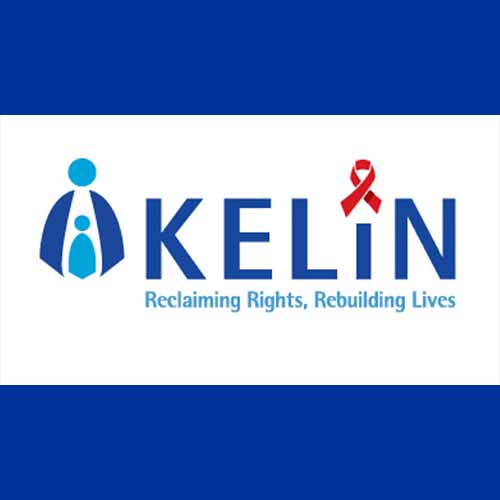
Kenyan Court Fails to Hold Government Accountable to HIV and TB Drug stockouts
On this World TB Day under the theme “Yes! We Can End TB: Commit, Invest, Deliver”, we confront a stark reality of the judiciary’s failure

On this World TB Day under the theme “Yes! We Can End TB: Commit, Invest, Deliver”, we confront a stark reality of the judiciary’s failure
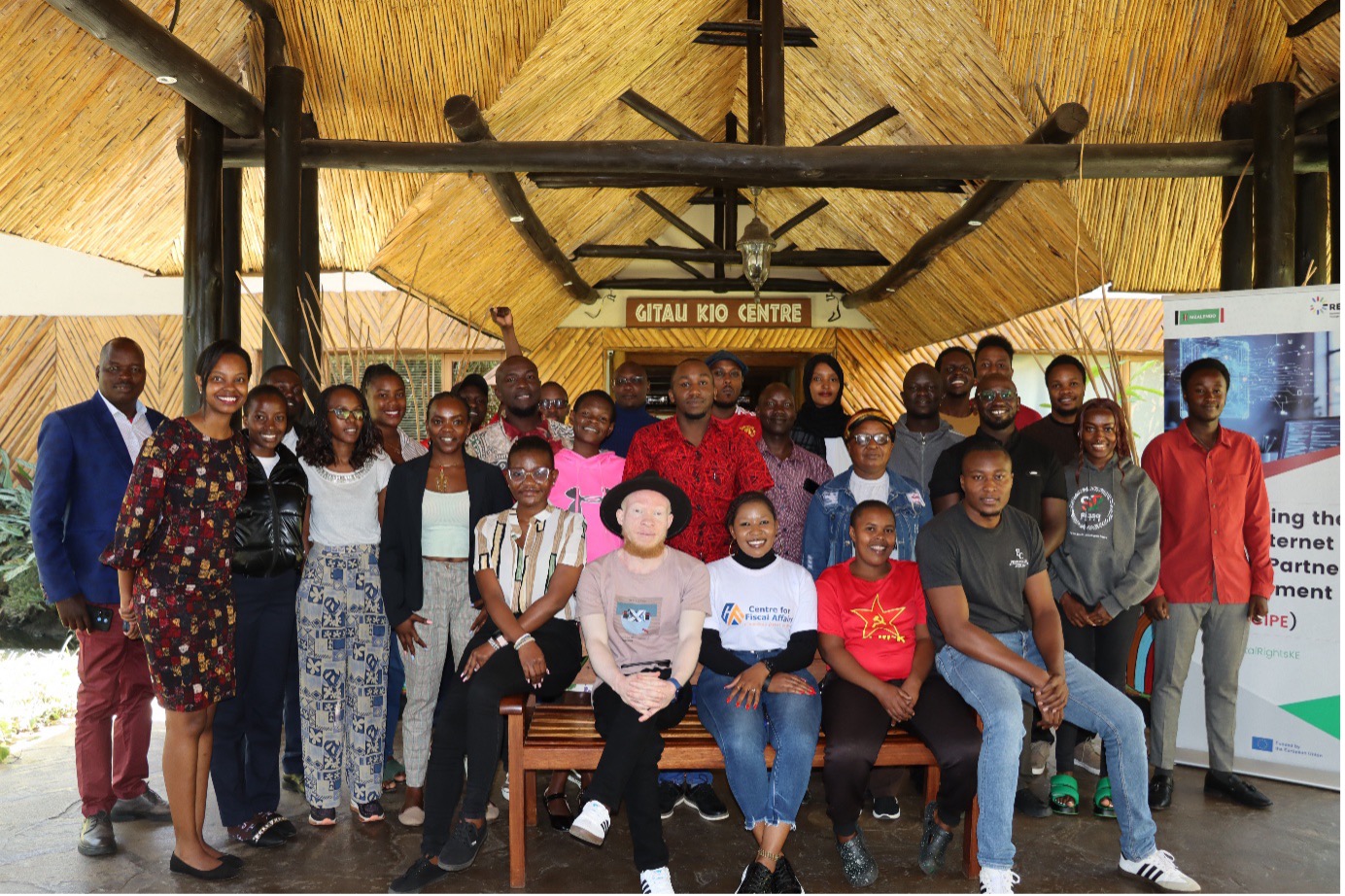
In an era where digital platforms play an ever-expanding role in shaping societal norms, rights, and freedoms, understanding the digital landscape and its governance is
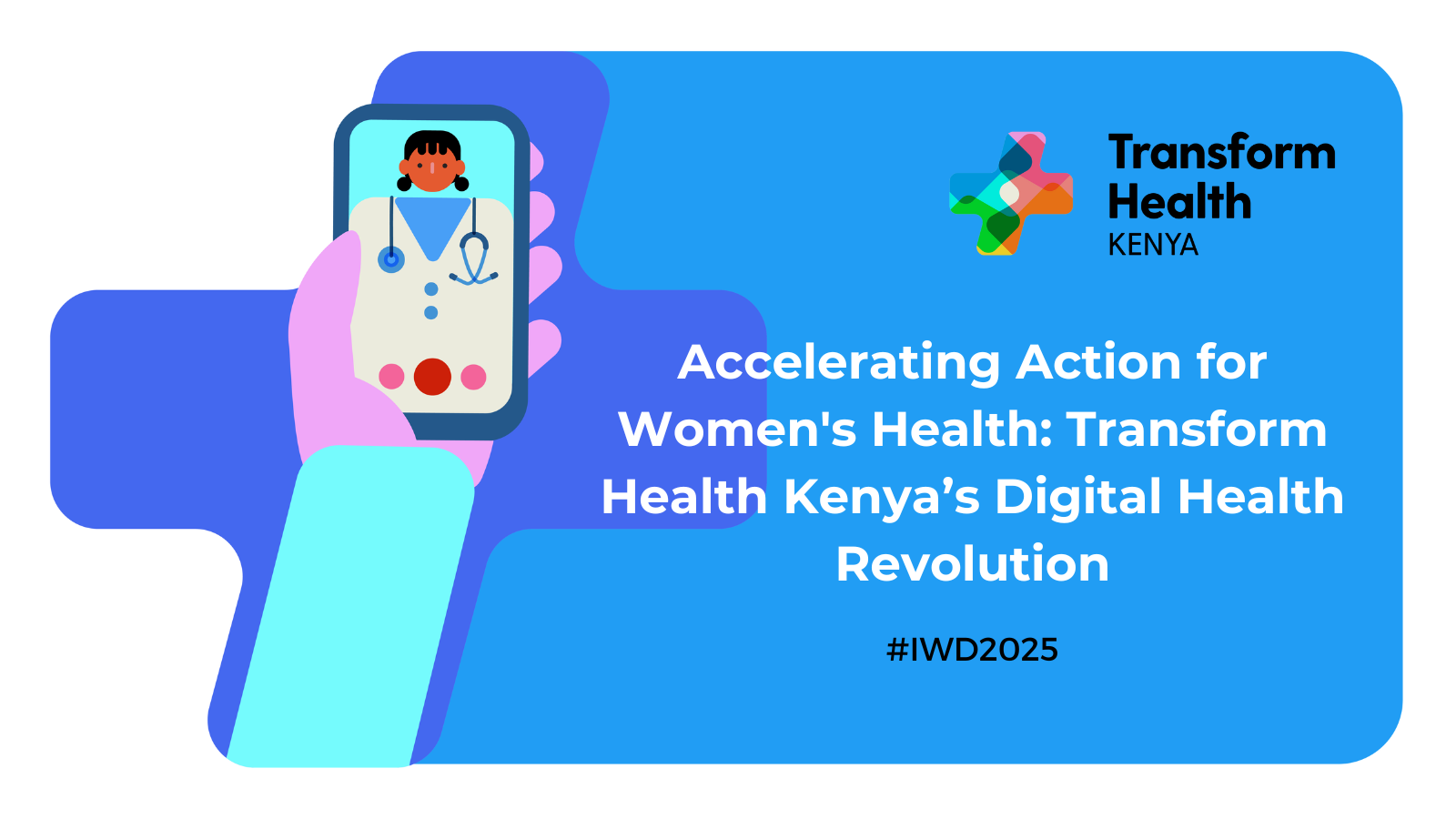
“Women’s health is a nation’s wealth. When women thrive, families flourish, communities prosper, and economies grow.” Yet, despite this truth, women in Kenya remain at

Nairobi, Kenya – 31st January 2025 45 Civil society organizations and advocates convened for the webinar “Ultra-Processed Food Wars: Fought for Our Children’s Health,” a
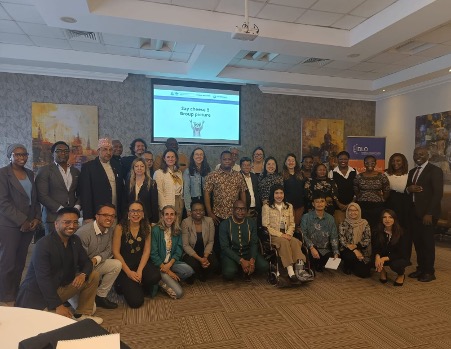
The International Development Law Organization (IDLO), in collaboration with the Global Center for Legal Innovation on Food Environments at the O’Neill Institute for National and
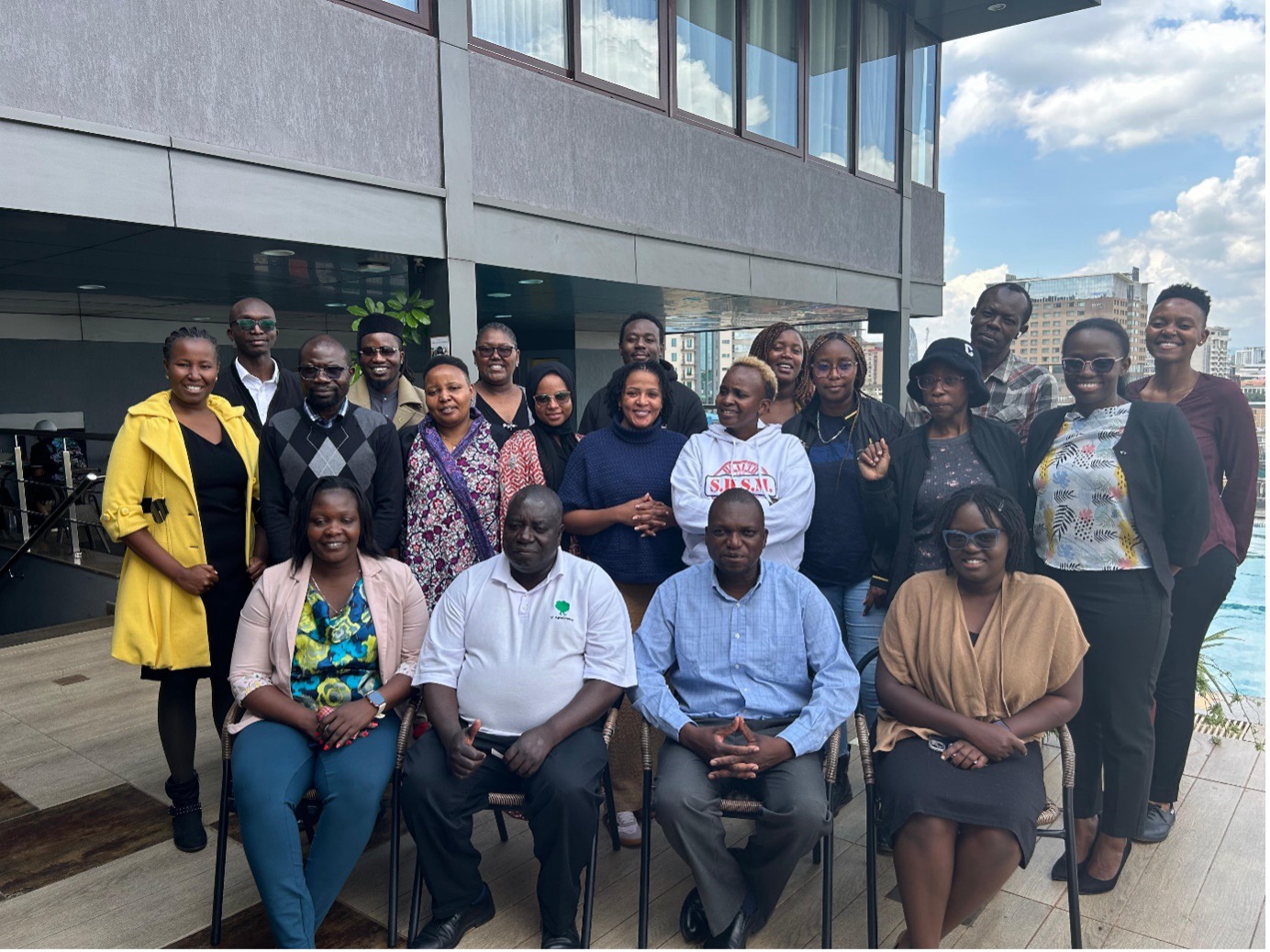
Over two impactful days, November 13-14, 2024, civil society organizations (CSOs) gathered in Nairobi for a spirited forum on food policy measures to promote healthier

Nairobi, 6 December 2024 – Transform Health, AeHIN, HELINA, RECAINSA, YET4H, and the UNITE Parliamentarians Network, co-hosted a groundbreaking session on health data governance titled
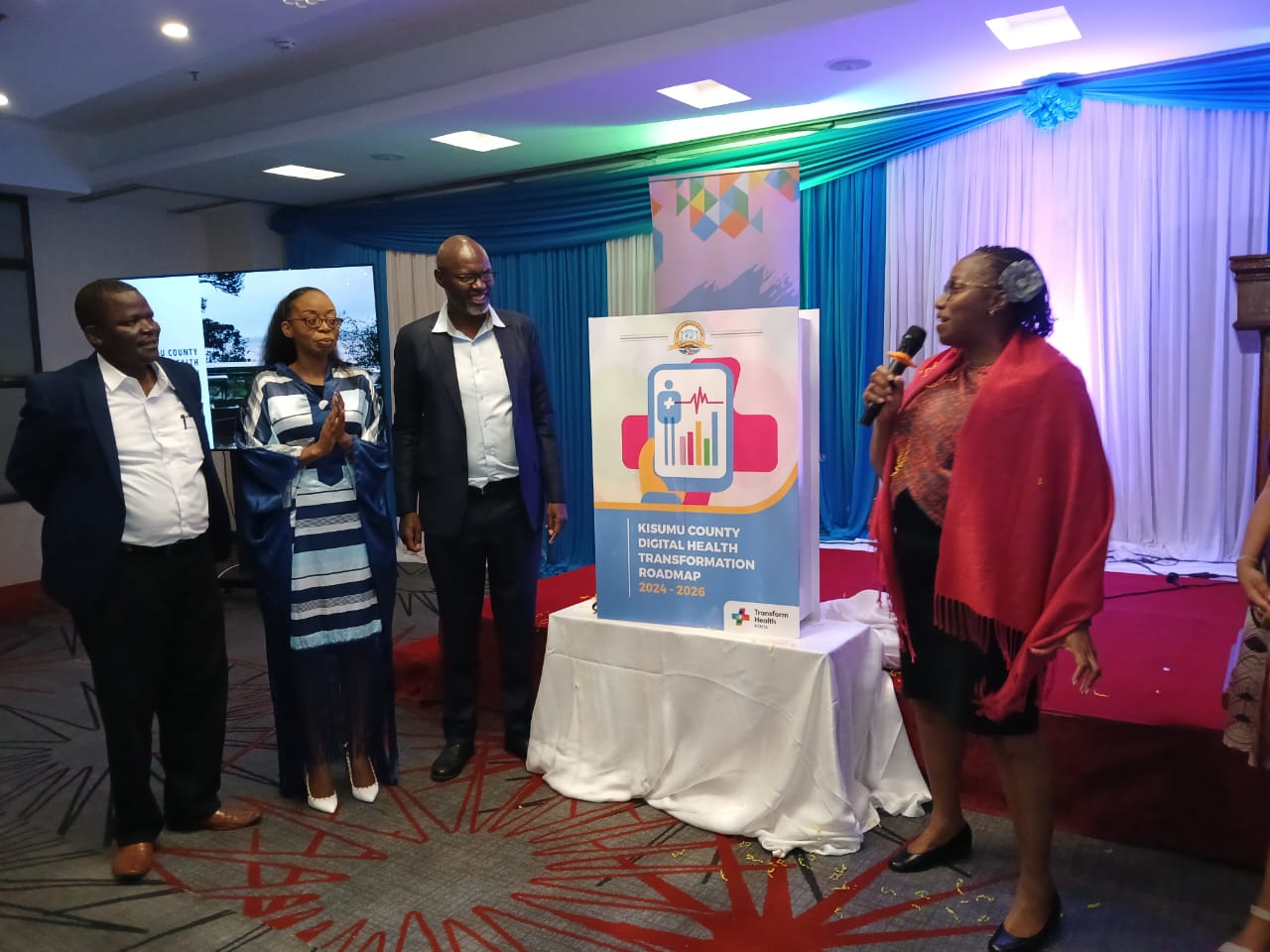
Kenya’s healthcare sector is harnessing information technology (IT) to boost service delivery. However, the uncoordinated use of diverse IT solutions has resulted in fragmented systems
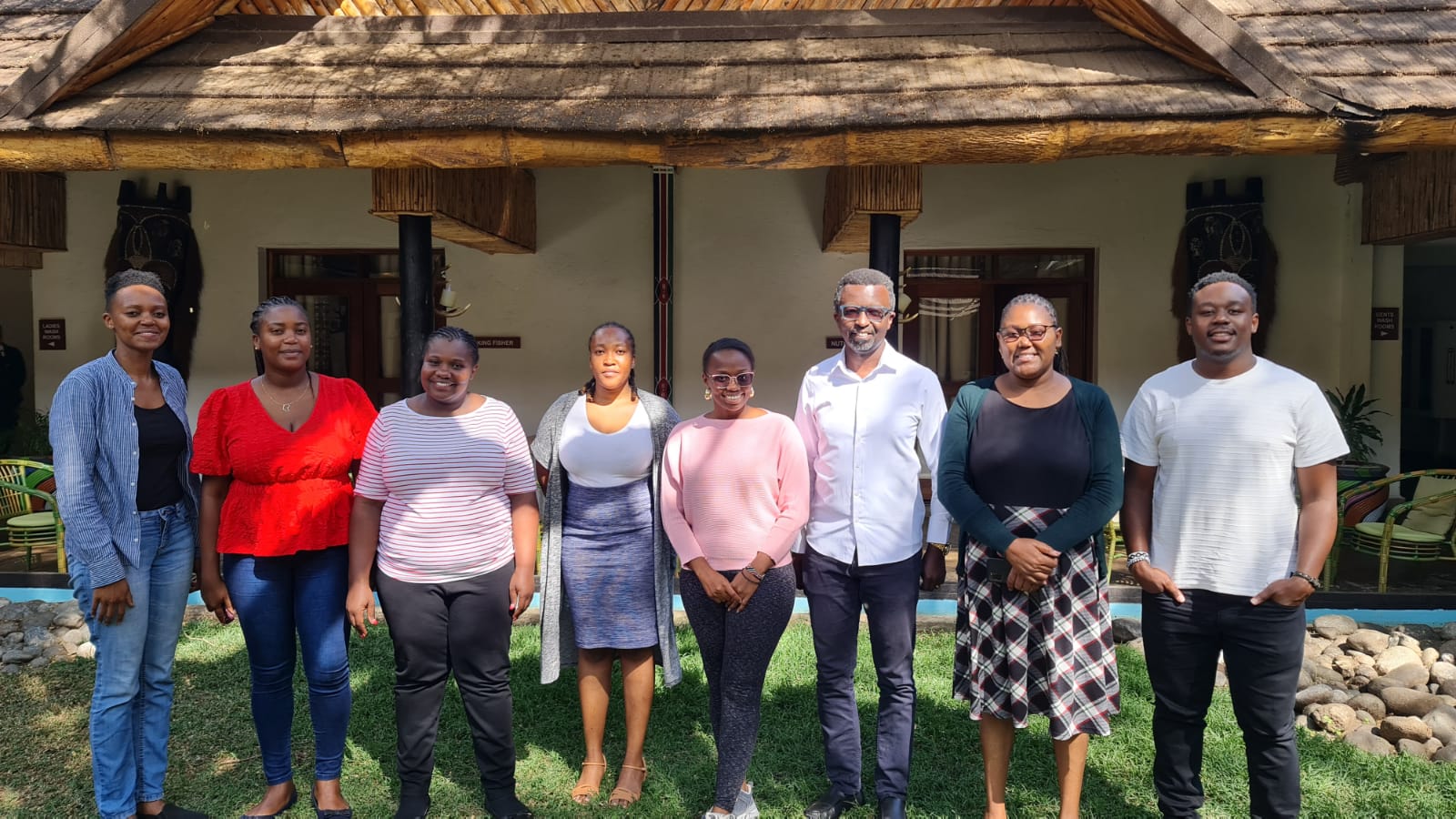
In response to the alarming rise of diet-related non-communicable diseases (NCDs) such as obesity, diabetes, and hypertension in Kenya, a coalition of leading health and
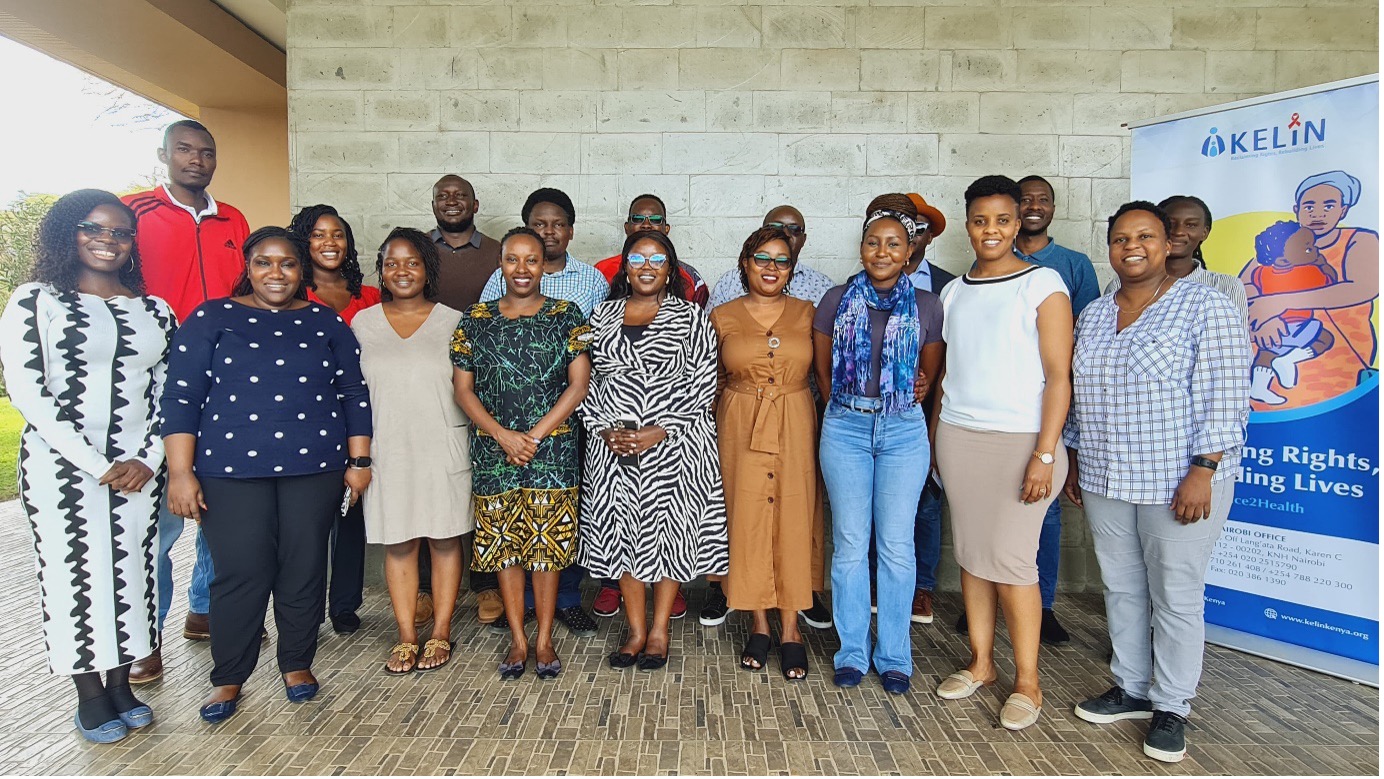
On August 27th and 28th, 2024, KELIN took a step forward in the battle against non-communicable diseases (NCDs) in Kenya. With crucial support from the
Nairobi:
Karen C, Kuwinda Lane, off Lang’ata Road
+254 20 2515790 | +254 57 2041001
"Everyone Said NO" Biometrics, HIV and Human Rights
A Kenyan Case Study